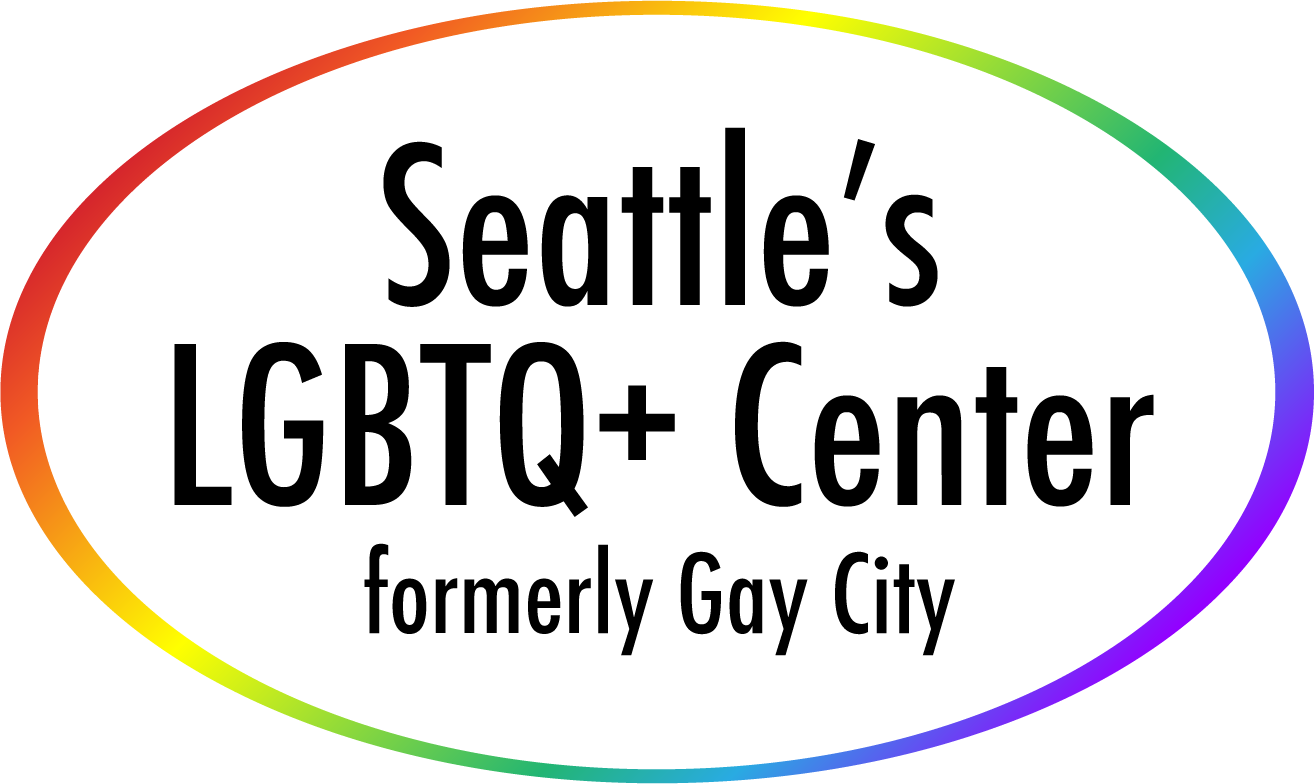
Research Study: Humor as a Moderator between Gender-Related Stress and Well-Being in the Transgender and Gender-Diverse (TGD) Community
Since its inception in the late 1990s by Drs. Martin E. P. Seligman and Mihaly Csikszentmihalyi, Positive Psychology has gained significant prominence, both in research and clinical application; however, the branch’s adaption to multicultural contexts is lagging (Rao & Donaldson, 2015). To deepen our understanding of the effectiveness of strengths-based approaches with diverse populations, we must shift our attention to the ways in which we do psychotherapeutic work with historically marginalized and oppressed groups–including the transgender and gender diverse (TGD) community. Presently, much of the research on the TGD community emphasizes the potential negative outcomes of psychotherapeutic work, such as higher rates of anxiety, depression, eating disorders, substance abuse, and suicidality when generally compared to cisgender adults (Panchal et al., 2022). Although this research provides insight into the TGD community’s experiences, it focuses on their ill-being; few studies explore how psychologists can foster well-being within this community (Taube & Mussap, 2020). Resultantly, our research will help answer the question: How can psychologists empower TGD clients to flourish despite the discrimination, social stigma, and systemic barriers they encounter?
Drs. Peterson and Seligman (2004) consider humor to be one of the 24 universal character strengths; it is categorized in the virtue of transcendence–along with purpose, gratitude, optimism, and appreciation of beauty and excellence. Succinctly, humor is the ability to recognize what is amusing in situations, and to offer the lighter side to others; it involves making other people smile or laugh and having a composed cheerful view on adversity which allows one to see its light side and, consequently, sustain a good mood (Virtues in Action [VIA] Institute on Character, n.d.). Existing humor research overwhelmingly demonstrates this character strength’s positive impact on individuals well-being and overall quality of life. For example, researchers Oliveria, Arriaga, and Barreiros (2023) reviewed 128 publications investigating the relationship between humor components (i.e., laughter, coping via humor, sense of humor, humor/comic styles) and well-being; they found the strongest relationship with psychological well-being, and positive, but less pronounced, relationships with physical, social, and general well-being. Moreover, research from Drs. Rod A. Martin and Herbert M. Lefcourt (1983) found humor to be a significant moderator between stress and mood.
Presently, a notable gap in Positive Psychology research exists; no studies to date have explored humor as a moderator between gender-related stress and well-being. Our research utilizes a mixed design approach to deepen our understanding of the role of humor within the TGD community, and its moderating impacts on their perceived levels of gender-related stress and well-being. We are exploring the uses and styles of humor within this historically marginalized and oppressed community using empirically-validated instruments–including the 28-item Trans and Nonbinary Coping Measure (TNCM; Lindley & Budge, 2022), 20-item PERMA Profiler (Butler & Kerns, 2014), and 32-item Humor Styles Questionnaire (HSQ; Martin et al., 2003). Our project also incorporates a self-developed measure of demographic and qualitative information; notable items within our measure include: “Describe how you use humor to enhance/foster the positive impacts of good experiences.” and “What advice do you have for other TGD individuals about using humor to counteract ill-being or foster well-being?” As of writing this proposal, over 100 eligible individuals participated in our study; we will continue our participant recruitment efforts until July 2024. From a preliminary review of our data collected thus far, we are confident that we may address the following primary research questions:
Quantitative Research Questions: Within the TGD community…
- what is the perceived level of well-being and resilience?
- which humor styles are most/least prevalent?
- which facilitative/avoiding coping strategies are most/least prevalent?
- what is the relationship between gender-related stress and well-being?
- how does humor style moderate the relationship between gender-related stress and well-being?
Qualitative Research Questions: Within the TGD community…
- which distal/external gender-related stressors are experienced?
- which proximal/internal gender-related stressors are experienced?
- how does humor style lessen/counteract gender-related stress?
- how does humor style enhance/foster well-being?
